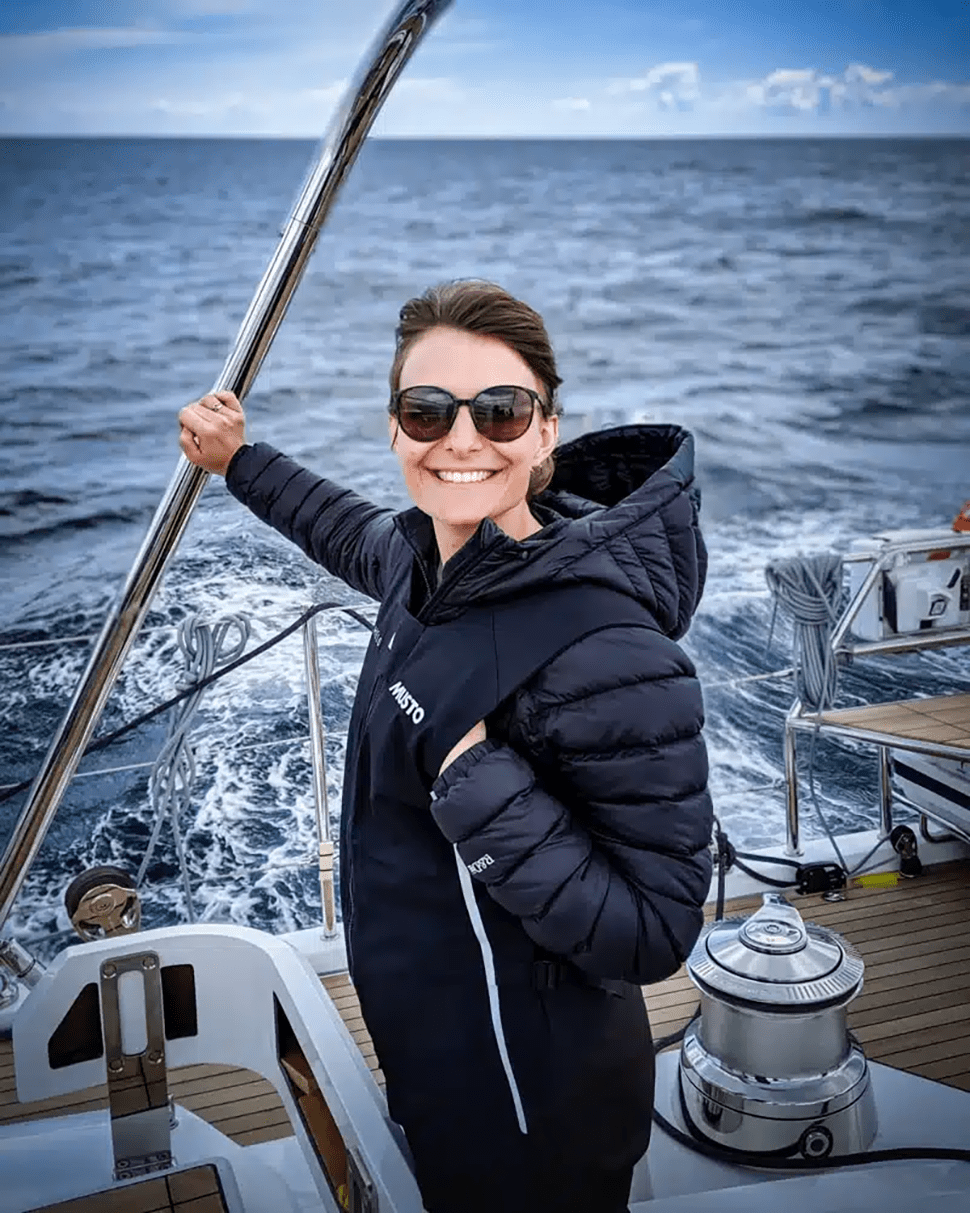Many people consider it a dream job, but Melanie White decided to reveal the truth: "Chefs on yachts face grueling shifts in cramped spaces, with no supplies and too many demands from demanding guests."
The story
Melanie White was in her early twenties, had a respectable academic record, a job as an editorial writer in Cambridge, and a boyfriend. She had a dream life. But, as Einstein said, "the monotony of a quiet life stimulates the mind to create." So when George, her boyfriend, who worked as a skipper for a luxury boat builder, suggested that she embark on an adventure as a chef, going to sea seemed like the perfect way to give her life a bit of a buzz.
Melanie began to devise fine menus for some of the richest people on the planet aboard superyachts as she learned how to be on a boat, how to sail and how to adapt to a completely unnatural life, largely confined to a galley or crammed into a bunk bed. Soon Mel discovered that this "dream job" meant more than just cooking.
"Often, people believe that when guests go ashore, that the crew is sitting around guzzling caviar. This is not the case. You have to clean and tidy up the cabins, polish the boat, vacuum, prepare for the next meal, set the table, check the weather course, contact the coast guard to inform them of movements, set up equipment on deck, and -when you can- find time to eat and drink," Mel says.
However, it was not so much the hard work and "isolated" life that destabilized Mel, but more the discovery of how there is often tolerance for bullying and even harassment within the crew. Before long, Melanie realized that she was putting her mental health at risk. Thus, what began as a travelogue of a young girl ready to explore the world suddenly turned into a cathartic process to overcome what she was experiencing. Reaching 34,000 words, Melanie sensed she had the basis for a book. "I started writing it for myself, and before I knew it, I was actually writing it for every person who felt they couldn't get out of bed in the morning. I was going through that phase in my life, and I wanted to share it."
Last October 10, on World Mental Health Day, Melanie published Behind Ocean Lines: The Invisible Price of Accommodating Luxury, a revealing book in which she recounts her time spent at sea working 18 hours a day, 11 months a year. In its pages, Melanie compares herself to a magical fairy ready to fulfill her guests’ every wish magically and invisibly. "Some guests simply did not realize that we did not have endless resources on board. I braved the cold Arctic Ocean, storms, and seasickness, staying there cooking and searching for elaborate meals in a galley that I can essentially call a booby trap," Melanie confided to Insider. Not everything is negative in Mel's account, but that life was no longer sustainable.
Now White is "back on land" and committed to improving the working lives of those in yachting. She co-founded Seas the Mind, a mental health first aid training organization for those who work at sea and became a policy advisor at the Chamber of Shipping. By holding this role, she was able to implement mental health guidelines for shipping companies and lobby the British government to provide more support and funding for seafarers.
Indeed deaths from suicide at sea are estimated to be six times higher than those on land in the United Kingdom. "Whether on land or at sea, one suicide is already one too many. I hope this book will open people´s eyes to those who are hidden at sea and give hope to those who feel they are "living mentally on the water." We can only fight the stigma of mental health by talking and sharing our stories," confides White.
Source: businessinsider.com
Find the article here
Photos: @Melanie White











